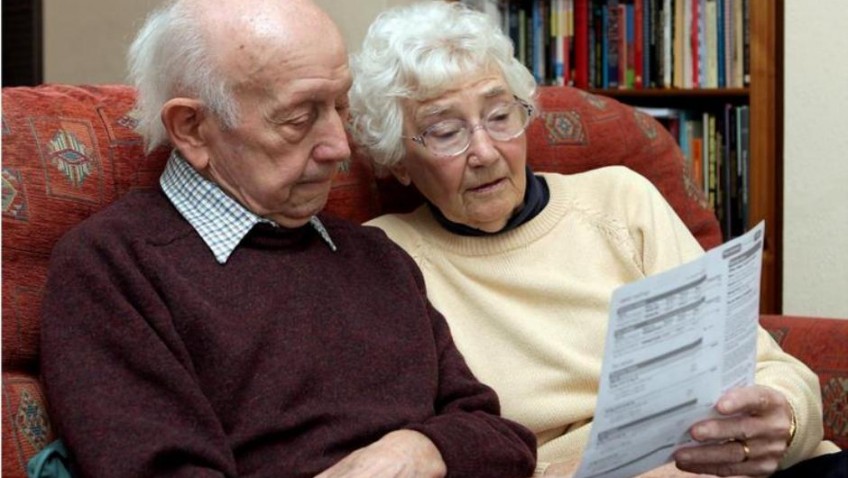Pensions Minister Ros Altmann has admitted that the government’s new flat-rate state pension has been “mis-sold” to the public.
Interviewed on BBC 4’s Woman’s Hour programme, Dr Altmann conceded that people were misled into thinking they were going to get the full £151.25 a week ‘flat-rate’ pension. She said: “There is so much misconception about this £150 a week. It is the maximum and it’s not something everyone will get in the beginning.”
Altmann has previously admitted that only 37% of people reaching state pension age next year will qualify for the full new state pension.
Last month the Pensions Select Committee announced a probe into the government’s ‘selling’ of state pension reforms amid widespread public confusion.
What is the new state pension?
At the moment the basic state pension is £115 a week, with various additions made depending on your lifetime’s earnings. However, from April a new ‘flat rate’ state pension will be introduced, which the government has claimed will be more generous.
In theory, anyone who has made 35 years of National Insurance contributions will qualify for the full payment, which will be no less than £151.25 a week (the exact figure is still to be officially confirmed).
However, in practice it will be more complicated than that as many people will have been ‘contracted out’ of the Additional State Pension. This may be because they were in certain workplace pension schemes (for example final salary or career average pension schemes), and so as a result will have paid lower National Insurance contributions. They will then not qualify for the full new state pension.
You can check with your pension provider if you’ve been contracted out in the past. Alternatively you can call HMRC on 0300 200 3507.
You can also get a state pension statement from HMRC to get an indication of how much of the new state pension you are likely to get. If you are due to receive less than the full amount, then you may be able to add more qualifying years onto your National Insurance record by making additional payments to the taxman.




